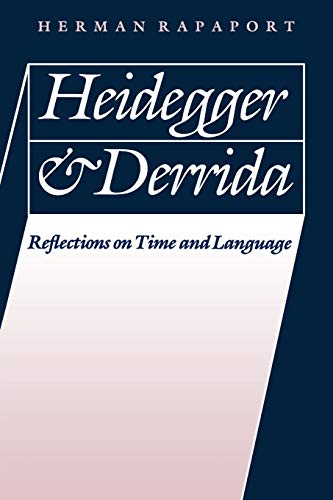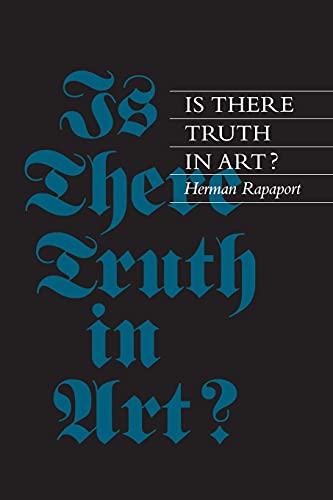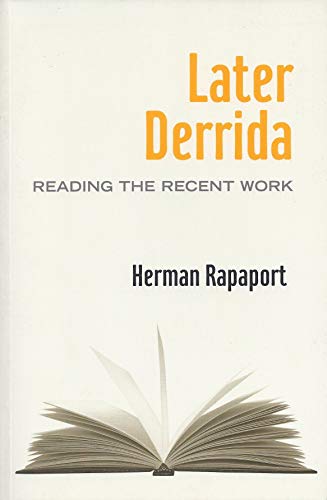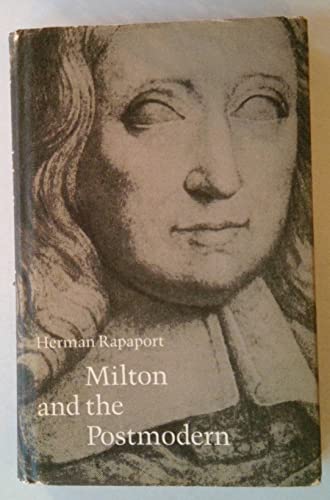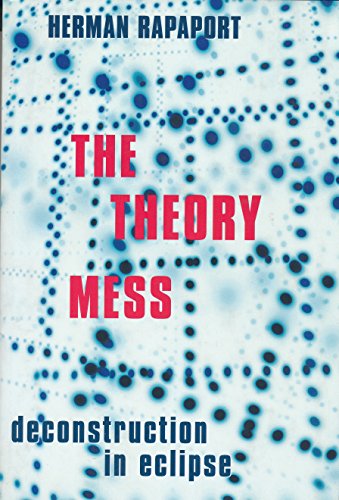Herman Rapaport
I am a chair professor of English at Wake Forest University and have just published The Literary Theory Toolkit: A Compendium of Concepts and Methods with Wiley-Blackwell.
The Toolkit is based on thirty years of actual teaching in the undergraduate classroom and is part of a successful series published by Wiley- Blackwell in which readers can get quick and reliable introductions to a wide variety of topics. You can read this book straight through or just skip to the sections whose topics interest you. I tried to make the explanations as accessible as possible and I offer lots of very short, original interpretations of literary works to show how the critical concepts could be applied.
There is considerable variety in this book, and an attempt was made to cover literary works from all historical periods, which means that I attempted to preserve the traditional canon of English works while augmenting them with newer developments in literary writing.
The first chapter provides the big picture, as it were, of critical theory mainly from the mid-twentieth century on. Major schools and trends are integrated into this overview, which stresses the well known paradigm shift within English to identity politics and social constructionism. How and why things developed the way they did in the field of English is a major feature of this chapter.
Chapter two is on approaches to studying narrative that I've found very useful in the classroom and covers a wide range of possible literary texts for study, some canonical, others more recent (Morrison, Gordimer, Rushdie).
Chapter three concerns poetry and touches on medieval, metaphysical, eighteenth century, Victorian, modern, and postmodern approaches to poetry writing (for example, language poetry).
Chapter four is on performance and touches on topics such as traditional theatre, epic theatre, guerrilla theatre, theories of acting, self-fashioning, performance art, the happening, and video.
Chapter five takes a look at theories from a systems perspective, because this makes the theories much more logical and easier to understand than by way of talking about "schools" in which one merely defines a theory as a set of arbitrary doctrines.
Chapter six, finally, provides four major approaches to studying social theories that have become foundational for literary study. These four approaches are basic to a political understanding of literary works and include study of the public sphere (Habermas, Laclau and Mouffe), ideology critique, theories of power, and theories of the social relation (crucial to identitarian politics).
Essentially the aim of writing this text was to provide reliable introductions to general literary critical/theoretical study that aren't merely introductory (simplistic in a way that goes over things everyone already knows)and that therefore can serve as a text in which there are multiple points of departure for further inquiry. Also, care was taken to include materials that I know from experience work well for students in the classroom, whether in a large lecture/seminar format or in a small class format.
Naturally, given how massive the field of English has become, there are many topics that couldn't be included or developed at great length (for example, aesthetic theory). Whereas I discuss post-colonialism, global studies, feminism, and so on, I think we would have to agree that these studies are so vast and detailed that they really require separate toolkits all by themselves, given the complex internal debates, multi-faceted social orientations, and particular concepts and methodologies.
Naturally, I'd be interested in hearing from readers and those who use this book in class about how it fared as a learning tool. - hr
Popular items by Herman Rapaport
View all offers-
Heidegger and Derrida: Reflections on Time and Language
Rapaport, Herman
Item prices starting from
View 24 offersUS$ 5.00
-
-
-
-
Milton and the Postmodern
Rapaport, Herman
Item prices starting from
View 5 offersUS$ 14.73
Also find
Used -

